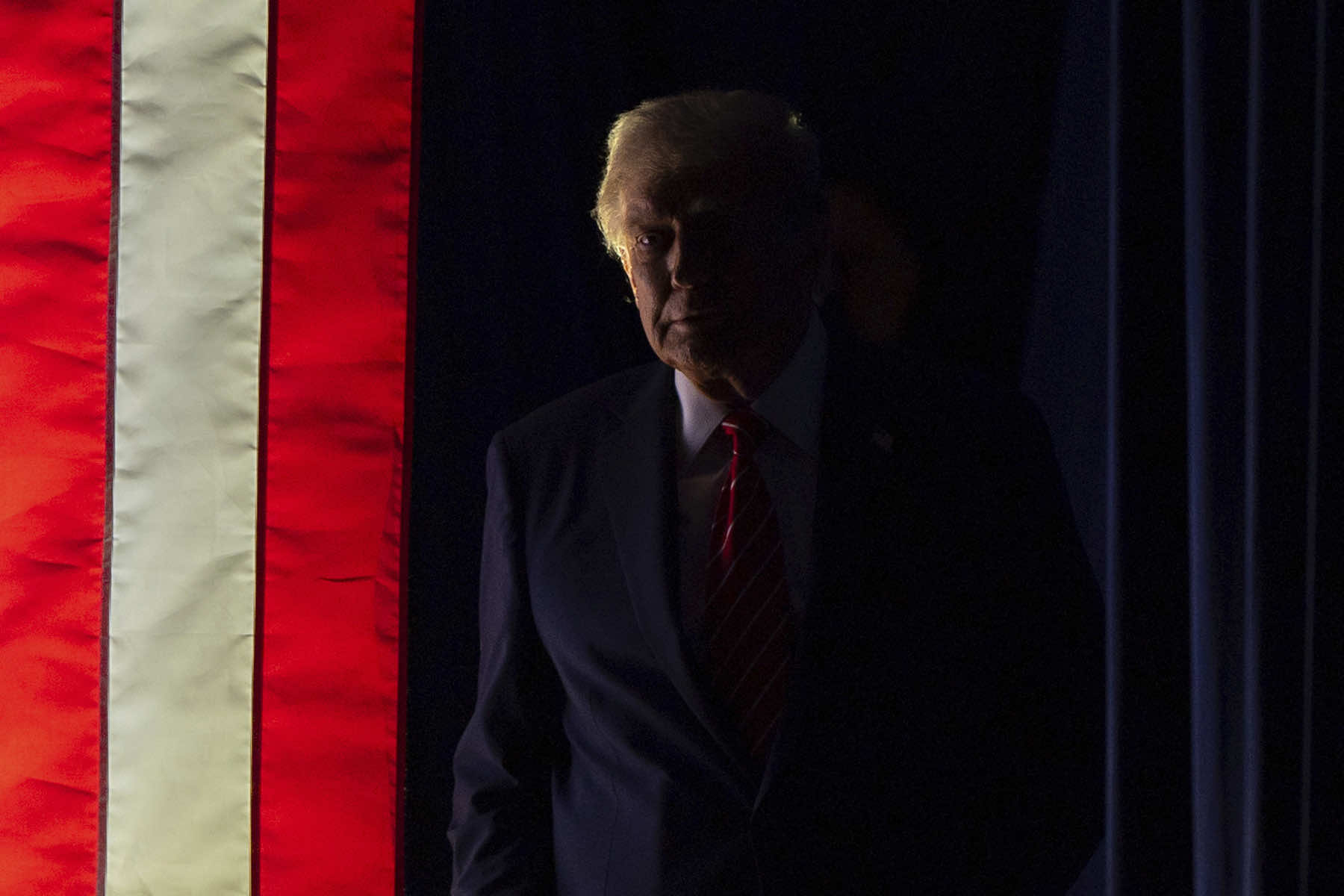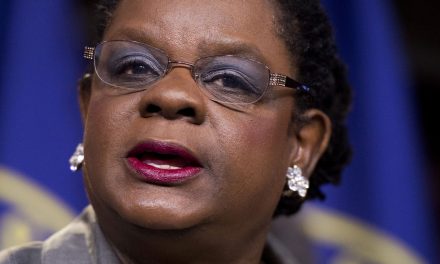
“Sometimes fear triumphs over hope. Donald Trump’s shocking victory in the 2016 US presidential election was described as a leap into the political unknown. This time there is no excuse. America knew that he was a convicted criminal, serial liar, and racist demagogue who four years ago attempted to overthrow the government. It voted for him anyway. The result is a catastrophe for the world.” – Dаvіd Smіth, Columnist
Considering that a significant portion of Americans supported Trump in the latest election, it suggests a shift in the American cultural and political landscape. That points to deeper forces in American society that go beyond Trump as an individual, as institutional changes have created a fertile ground for authoritarian leaders.
For many Americans, support for Trump reflects dissatisfaction with the status quo and the belief that established political and cultural institutions no longer represent or understand their values. Economic challenges have led to a sense of disenfranchisement, especially in rural and working-class communities. These people, who are distant from the urban and globalized America, have succumbed to feelings that elite interests over the prioritized concerns of “ordinary” citizens.
Post-war Germany underwent a profound reckoning and reflection on its actions and support for Hitler’s regime, grappling with the devastating impact on millions and the erosion of moral and democratic principles.
The process of Vergangenheitsbewältigung, “coming to terms with the past,” involved public and private reflection, education reforms, accountability measures, and ultimately a cultural shift toward acknowledging and learning from that history.
While the context and scale are vastly different from the 2024 election, any society that elects a controversial leader often faces complex emotions and divisions. In the case of a deeply polarizing figure like Trump, the U.S. may experience a societal reckoning that will influence political discourse for years to come.
“Americans saw Kamala Harris’s competence and expertise, her decency and grace, her potential to be the first female president in America’s 248-year history. It also saw Trump’s venality and vulgarity, his crass insults and crude populism, his dehumanisation of immigrants that echoed Adolf Hitler. And the world asked: how is this race even close? But elections hold up a mirror to a nation and the nation does not always like what it sees.” – Dаvіd Smіth, Columnist
As America has shifted from a White majority nation to a multicultural society, the country’s divisions have intensified. Debates over social issues, such as race, gender, immigration, and climate policy, have become highly polarized. Many Americans feel that their identity and beliefs are under threat, fueling a defensive stance against what they see as radical changes pushed by progressive politics.
The perception that traditional values are being undermined has made it easier for autocratic leaders like Trump to appeal to a vision of America. He has promoted a return to a normal way of life, which was promoted across American culture for decades by consumerism. While that idyllic lifestyle was always inherently unrealistic, Americans see it as a more familiar way of life.
Such a dark shift also reflects a transformation in the American psyche. There has been a greater focus on tribalism and a rejection of compromise, as Americans increasingly define themselves by opposition to the other side.
It is not just about policy differences but about a fundamental cultural divide in what people believe America should be – a division stoked by foreign adversaries like Russia but embraced by the toxic rhetoric surrounding Trump. For MAGA supporters, he represents a defiant stance against a society that they feel is leaving them behind, and they see his leadership as a way to reassert their racist vision of America’s identity and future.
“Kamala Harris was the perfect candidate and she ran a beautiful campaign of joy, empathy, and unity. She just happened to run in a nation that is addicted to nihilism, cruelty, and division.” – John Pavlovitz
The appeal to fear and anger, which often includes focusing on divisive issues, is a powerful motivator in politics because it taps into basic human emotions. Fear and anger are emotions that can create a sense of urgency and the desire for immediate action, often leading people to rally behind a Republican leader who promises to “fight back” or “protect” them from perceived threats. The approach can be particularly effective when people feel insecure or believe their values and way of life are under threat.
In contrast, appeals to empathy, unity, and “better angels” — as Democrats often frame it — tend to ask people to consider long-term ideals, shared values, and collective well-being. While these are positive and aspirational messages, they are urgent or compelling when people are experiencing economic uncertainty, social change, or political conflict.
Additionally, fear-based messaging can simplify complex issues by presenting them as a clear, “us vs. them” narrative. Such narratives, even when they are not the promotion of baseless lies, can be easier for Americans to understand and rally around than nuanced appeals to empathy.
Trump has had a dark gift, enabled by likeminded opportunists, to focus on fear and anger as a way to tap into the sense of identity and belonging, positioning MAGA followers as defenders against perceived threats – a compelling attraction for people seeking solidarity in uncertain times.
Secondary to the political environment is the media landscape. Fear and conflict attract more attention than messages of unity and hope. Negative or alarming stories spread faster and capture more engagement, amplifying the effectiveness of fear-based messaging. In times of division, those dynamics make fear-based appeals particularly powerful, even though they come at the cost of deepening societal divisions.
The perception of Trump as a victim among his supporters is deeply rooted in a broader narrative that has defined his political career. Since his entry into politics, Trump has positioned himself as an outsider fighting against a corrupt establishment, often referred to by him and his supporters as the “swamp.”
The message resonates with many Americans who feel disillusioned by traditional politics and believe that career politicians and bureaucrats serve their own interests rather than those of everyday people. Trump’s legal battles, court appearances, and numerous investigations are viewed by his supporters through this lens, reinforcing the idea that he is being persecuted not for any real wrongdoing but because he dared to disrupt the status quo.
Such a victim narrative has only intensified over time, as Trump and his allies have framed legal and political challenges as part of a coordinated effort by the “deep state” and “radical left” to silence him.
The legal cases against him — involving everything from allegations of election interference to financial fraud — are perceived by many MAGA Republicans as politically motivated rather than legitimate efforts to uphold the law. Trump himself has fueled this perception, repeatedly claiming that these investigations are “witch hunts” designed to prevent him from returning to the White House.
The rhetoric resonates with his base, who often see themselves as victims of political correctness, media bias, and cultural change. Trump’s portrayal of himself as a victim aligns with his supporters’ own feelings of marginalization, further endearing him to them.
The perception of Trump as a victim is also rooted in a larger cultural context, where many conservative Americans feel their values are under attack. For years, conservative media has amplified the notion that “traditional” American values — including patriotism, religious freedom, and economic independence — are being eroded by liberal elites, social progressives, and media bias.
It created a sense of shared grievance, with Trump symbolizing the defense of these values. When Trump faces legal challenges, his supporters often interpret it as an attack on their values, freedoms, and way of life.
Trump’s courtroom appearances over the summer of 2023 brought these sentiments to a fever pitch. Rather than viewing his legal troubles as disqualifying, his supporters rallied around him, believing that he was being unjustly targeted by a system they perceive as biased. The sense of victimhood was evident at his rallies and on social media, where slogans like “I stand with Trump” and “They’re after you; I’m just in the way” became rallying cries.
For many, Trump’s legal battles became symbolic of a larger fight for the “real” America, a fight they believe is against forces seeking to undermine their values and identity. The dynamic also reflected a shift in the Republican Party. Under Trump, the party has embraced a populist identity, focusing less on traditional conservatism and more on loyalty to Trump’s vision of America.
His MAGA supporters view his willingness to challenge institutions as a form of courage and authenticity, something they see as lacking in other politicians. In their eyes, the establishment’s attempts to hold Trump accountable only validate his message that he is fighting against an unjust system.
© Photo
Julia Demaree Nikhinson (AP) and David Goldman (AP)















